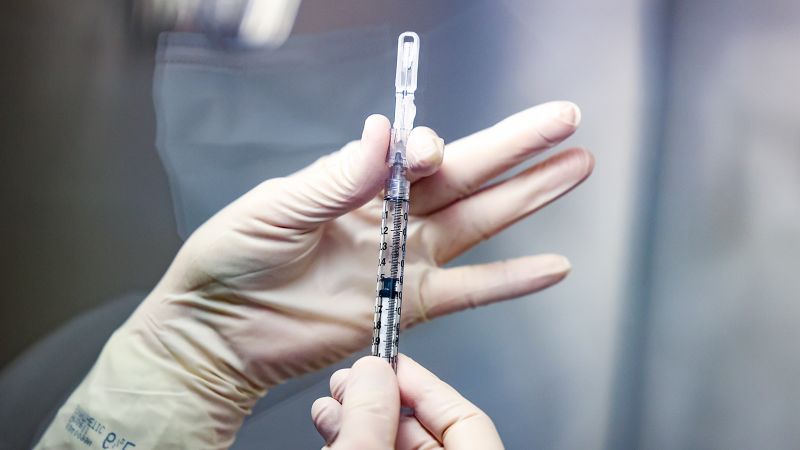A medical study out of New Jersey shows the drug hydroxychloroquine may help people with mild symptoms of COVID-19. "We make it clear we can't recommend it to be given," said Andrew Ip, a lymphoma physician and director of the Division of Outcomes and Value Research at the John Theurer Cancer...

www.washingtonexaminer.com
A medical study out of New Jersey shows the drug hydroxychloroquine may help people with mild symptoms of COVID-19.
"We make it clear we can't recommend it to be given," said
Andrew Ip, a lymphoma physician and director of the Division of Outcomes and Value Research at the John Theurer Cancer Center. "This is only an observational study. We can only recommend it in the context of a clinical trial. There may be a benefit for using this drug in an outpatient setting."
The study was conducted by Hackensack Meridian Health on outpatients in 2020 and found those who took hydroxychloroquine were less likely to end up in the hospital.
Ip said that more than 100 patients received the drug between March and May, and just over 1 in 5 patients landed in the hospital after the fact. Meanwhile, almost 1 in 3 of the more than 1,000 patients who did not receive the drug required hospitalization.
Recommended For You
The COVID-19 restrictions in every state
He added that the drug, commonly used to treat malaria, appeared to be safe.
"I've gotten messages from doctors saying it supports what they are seeing in their clinics," Ip said.
The New Jersey study’s results come after a
peer-reviewed study found a drug cocktail that included hydroxychloroquine lowered hospitalizations and mortality rates of coronavirus patients.
The study found that “the odds of hospitalisation of treated patients was 84% less than in the untreated patients.” Only one patient died from the group of 141 being treated with the drug cocktail, while there were 13 deaths in the untreated group of 377.
The use of hydroxychloroquine sparked controversy in 2020 when former President Donald Trump touted its use for treating the virus. Some within the medical community and the media slammed the use of the drug, and Big Tech moved to censor information championing it.
The U.S. Food and Drug Administration also reversed its emergency use authorization for hydroxychloroquine and chloroquine
in June of last year.
Controversy over the drug has spilled over into 2021, with the
Oklahoma attorney general’s office announcing this week it is trying to return $2 million worth of hydroxychloroquine pills after Gov. Kevin Stitt purchased the stockpile out of an abundance of caution.
"We are working with the Department of Health to try to return the stockpile," Oklahoma Office of the Attorney General spokesman Alex Gerszewski said.

